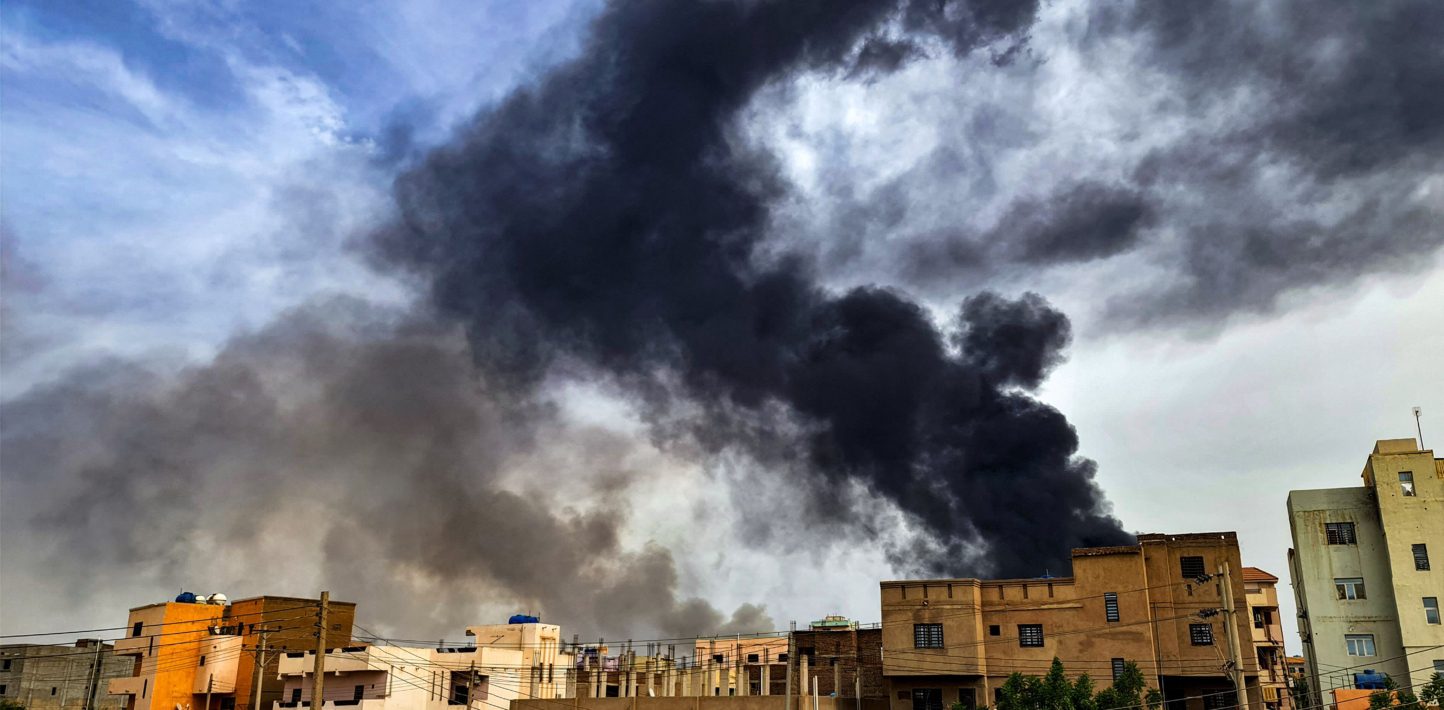- Thousands of people killed and injured since fighting broke out between Rapid Support Forces and Sudanese Armed Forces
- Women and girls as young as 12 subjected to sexual violence
- “Civilians throughout Sudan are suffering unimaginable horror” – Agnes Callamard
Extensive war crimes are being committed in Sudan as the conflict between the Rapid Support Forces (RSF) and Sudanese Armed Forces (SAF) ravages the country, Amnesty International said in a new report.
The report, ‘Death Came To Our Home’: War Crimes and Civilian Suffering In Sudan, documents mass civilian casualties in both deliberate and indiscriminate attacks by the warring parties. The report also details sexual violence against women and girls, targeted attacks on civilian objects such as hospitals and churches, and extensive looting.
Some of the violations documented – such as attacks targeting civilians, attacks on humanitarian infrastructure, rape and other sexual violence, and pillage –amount to war crimes. The report focuses primarily on Khartoum and West Darfur.
“Civilians throughout Sudan are suffering unimaginable horror every single day as the Rapid Support Forces and Sudanese Armed Forces recklessly vie for control of territory,” said Agnès Callamard, Amnesty International’s Secretary General.
“People are being killed inside their homes, or while desperately searching for food, water and medicine. They are being caught in crossfire while fleeing, and shot deliberately in targeted attacks. Scores of women and girls, some as young as 12, have been raped and subjected to other forms of sexual violence by members of the warring sides. Nowhere is safe.
Recommendations
Amnesty International calls on Sudan’s international partners, including the European Union (EU), Saudi Arabia, UAE, UK, USA and others to:
- Protect civilians in Sudan by :
- Putting pressure on the warring parties to end all attacks on civilians and civilian infrastructure and ensure unhindered and immediate humanitarian access;
- Protecting and promoting the work of human rights defenders, activists, journalists, and civil society actors still in Sudan and at risk of attacks and violence;
- Increasing emergency funding for humanitarian response in Sudan and by ensuring specific support for putting in place protection, care, treatment, and support mechanisms for survivors of sexual violence.
- Welcome and protect refugees by:
- Opening safe and legal pathways and ensuring protection and support for people fleeing Sudan;
- Refraining from returning Sudanese nationals to Sudan or to any third country where they may be at risk of being returned to Sudan;
- Increasing emergency funding for humanitarian response in refugee camps in neighbouring countries.
- Support accountability efforts by:
- Calling on the UN Human Rights Council to establish an independent investigative and accountability mechanism to monitor, collect and preserve evidence, and report on serious violations and abuses of international human rights law and violations of international humanitarian law that have occurred and continue to occur during this conflict;
- Calling on the UN Security Council to:
- Expand the arms embargo regime that currently applies to Darfur to the rest of Sudan;
- Expand the Darfur conflict referral to the International Criminal Court (ICC) to also include investigation and prosecution of crimes committed under international law, in the rest of Sudan;
- Consider re-formulating the UN mission in Sudan to enable it to respond more effectively to current challenges, by providing staffing and resources needed to ensure regular human rights monitoring and reporting;
- Calling on the African Commission on Human and Peoples’ Rights to dispatch a fact-finding mission to Sudan to conduct investigations and report on serious abuses and violations of international human rights law and international humanitarian law that have occurred and continue to occur in Darfur and the rest of Sudan;
- Providing the ICC with additional resources to investigate ongoing violations in the Darfur region.


